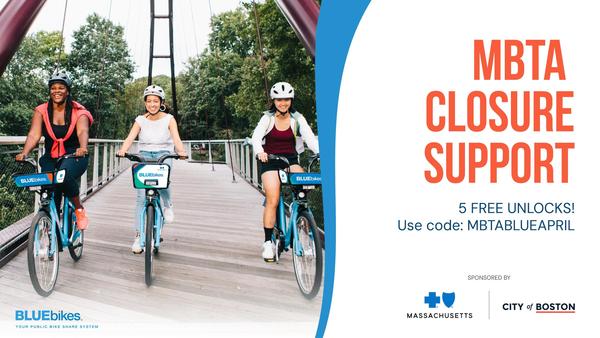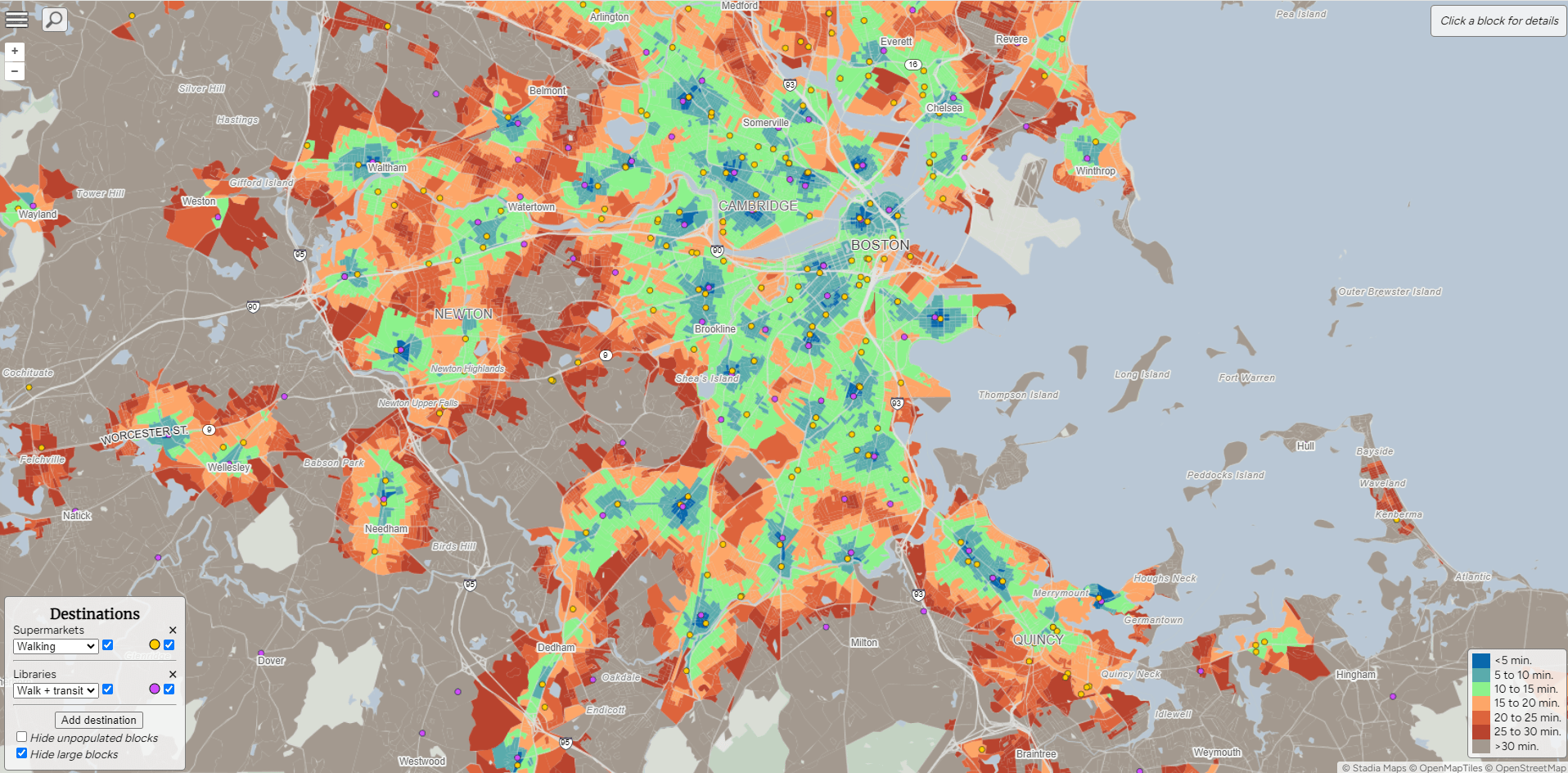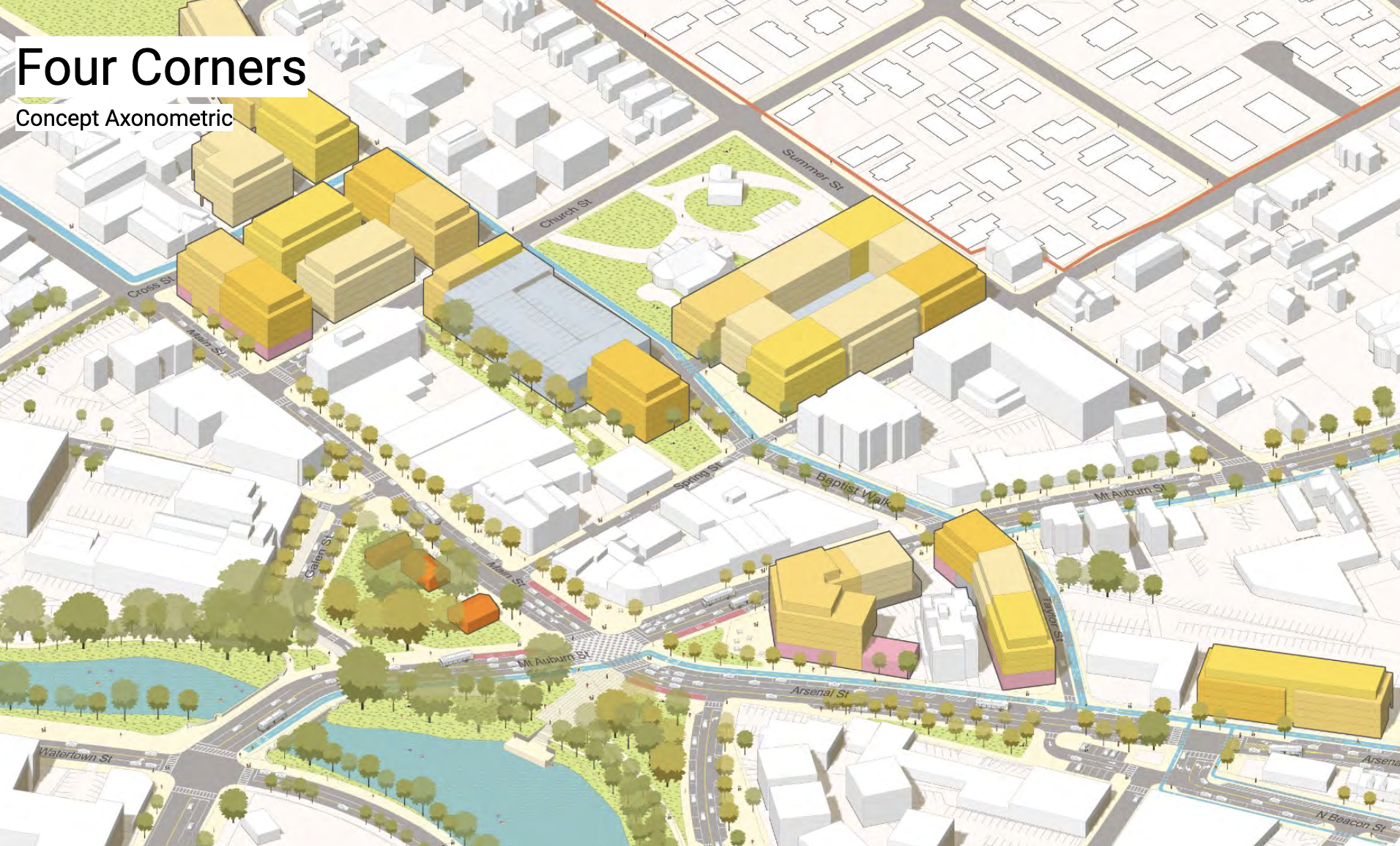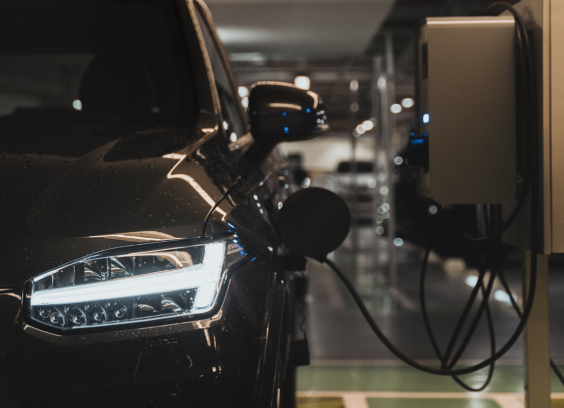Guest Column: Electric Cars Won’t Save Us
12:18 PM EDT on April 23, 2021
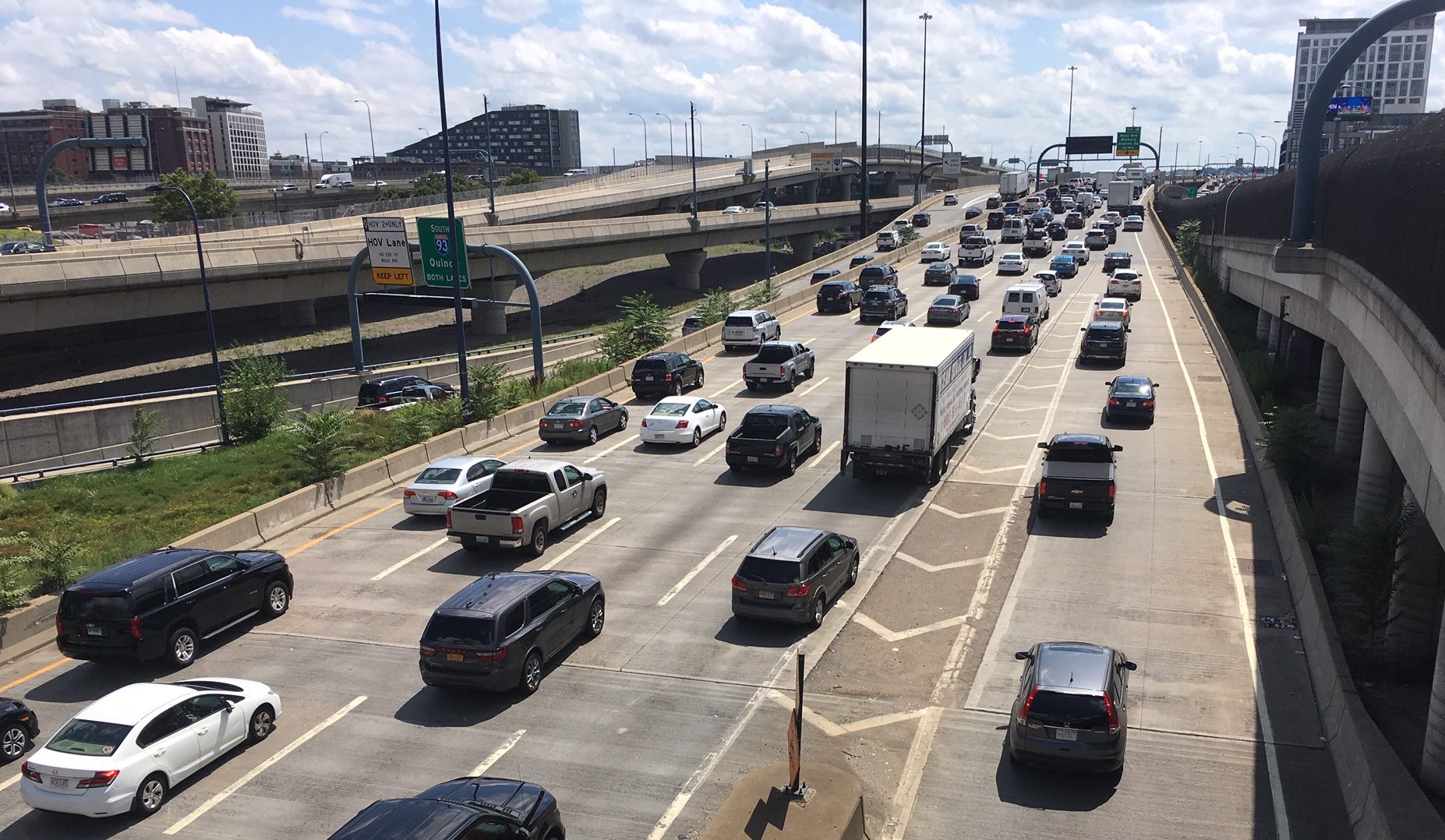
Batteries can’t fix this: a midday traffic jam on I-93 in downtown Boston.
To meet its climate goals, Massachusetts will need to eliminate gasoline-powered vehicles from the state’s roadways within the next 25 years. But the Commonwealth’s new decarbonization roadmap aims to accomplish this not with improvements to transit and safer streets, but with widespread subsidies for new electric vehicles.
Massachusetts is home to many of the world’s most innovative companies and universities, and yet the big idea from Baker administration and even some legislators is to preserve traffic jams, just with electric batteries? This can’t be a serious solution.
With scores of walkable communities, the fourth-largest transit system in the country, and a land area smaller than two of California’s counties, it’s a sad state of affairs that the Commonwealth isn’t leading the decarbonization conversation by expanding more sustainable mobility options.
I’m not Pollyanna-ish about the future. Of course, electric vehicles (EVs) will eventually need to replace internal combustion engine vehicles.
But that task could be accomplished considerably faster, at a lower cost, and more equitably if we could plan for a future with considerably fewer vehicles on the road. The proponents of the Baker administration’s car-oriented climate plan underestimate the importance of public transportation in reducing carbon emissions equitably and in the short term.
Despite the many issues at the T, it is a good system. The T is an iconic part of Boston, not because of its history, but because of its relevance to the millions who take it – even if only for a Red Sox game.
The T is also vital to our economy. The real estate community has enough faith in the T to develop thousands of units in the past few decades with little to no parking. The MBTA is the egalitarian network that helps bring us together across the spectrum of race, income, and region.
The “EVs will save us” crowd fails to recognize who we leave behind if our climate strategy is focused on people who drive.
Massachusetts already has over 300,000 households that don’t own cars. Teenagers, seniors, people with disabilities, and extremely low-income people need high-quality public transit for work, school, healthcare appointments, visits to family and friends, and just plain independence.
And let’s not forget that during the height of the pandemic, thousands of grocery store workers, civil servants, healthcare professionals, cleaning staff, and other essential workers depended on public transit, and we, in turn, depended on them.
Throwing millions (and potentially billions) of taxpayer funds into EV subsidies perpetuates the 20th century’s two-tiered transportation system, where transit riders get the dregs of funding, attention, and road space, and drivers get brutal traffic congestion.
Even if EVs could solve the climate aspect of our car-focused transportation system, they won’t solve the many other problems that cars and trucks impose on our communities. The threats of car dependency extend far beyond what comes out of tailpipes.
Political leaders accept that it’s “normal” for more than 2,000 people to be seriously injured each year on our roads. Even as the pandemic ravished the state, the Boston Globe reported that 334 people still lost their lives in Massachusetts car crashes last year. Where is the plan of action to fix this? The massive trucks and SUVs that are disproportionately injuring or killing pedestrians, cyclists, and other drivers will not get safer with batteries. We need bike lanes, wider sidewalks, lower speeds, and fewer cars on the road.
Electric cars will still generate significant pollution from tire and brake wear, just as gasoline-powered cars do. Those “fine particulate” pollutants don’t heat up the climate, but they do contribute to chronic health problems like asthma and heart disease in neighborhoods near highways.
The Baker administration’s car-oriented climate plan also ignores the enormous financial costs that car dependency imposes on households – especially in communities that currently lack transit access or walkable streets.
Streetsblog has already covered the massive equity gaps in the state's existing EV rebate program: over a third of its money has gone to Tesla buyers, and nearly 80 percent of the money went to new car buyers living in the state’s wealthiest ZIP codes.
Then there’s the impact on housing costs, which are already being pushed to the breaking point for many Massachusetts residents. According to a Canadian think tank, adding a single parking space to an apartment increases housing construction costs by about 12 percent; for two parking spaces, which take up nearly the same amount of space as a two-bedroom condo, building costs increase by about 25 percent.
EV subsidies will not help our poorest residents unless the state also has plans to help pay for power costs, insurance, maintenance, and parking fees. To paraphrase Bogota mayor Enrique Penalosa, “an equitable society isn’t one where the poor are saddled with the cost of car ownership, it’s where the rich fight for electrified public transit for all”.
Thoughtful political leadership is about balancing the real need to eliminate gasoline-powered cars with the very real impact ALL vehicles have on equity, air quality, health, public safety, the built environment, and housing costs. Anyone who pretends that eliminating tailpipe emissions means we can ignore all the other negative externalities that come with more auto-mobility is selling you snake oil.
It's not acceptable to pay wealthy suburban residents to buy new Teslas while the T can't afford to purchase electric buses in environmental justice communities. With the money the state is contemplating to spend on EV subsidies, we could be hiring more transit operators, buying new buses, expanding services to more neighborhoods, upgrading rail lines, and creating discounted fare programs for low-income families. We could be building safe cycling and pedestrian infrastructure everywhere to encourage active transportation.
A failure to think beyond the vehicle is a recipe for a poorer, more climate-vulnerable, more unequal region with even worse traffic than before. We have the opportunity to do better – but only if we think beyond the car.
Jarred Johnson is the Chief Operating Officer of TransitMatters, a nonprofit organization dedicated to improving transit in greater Boston.
Stay in touch
Sign up for our free newsletter
